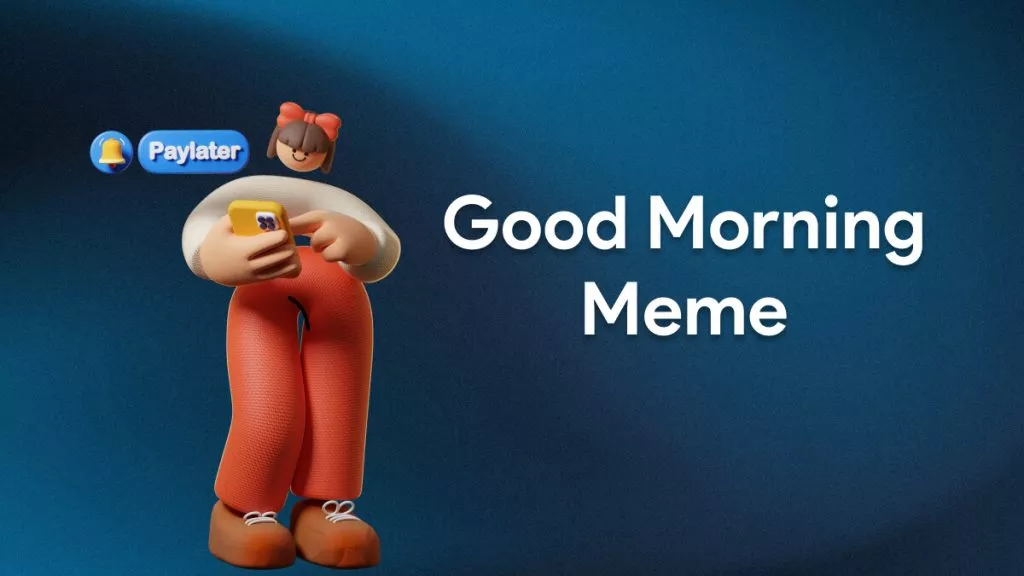Artificial Intelligence or AI has been around for a while now. So, what's all the fuss about all of a sudden? Recently, after Open AI unveiled its ChatGPT tool for content generation, Microsoft closed a massive gap with Google by investing an additional $10 billion for the rights to integrate it into its search engine, Bing. The new Bing ChatGPT is still in a nascent stage but could be a game-changer that finally challenges Google in its own sphere. Not to be left out of the game, Google then unveiled Google Bard, supposedly a capable rival to ChatGPT-powered Bing, in an attempt to beat Microsoft at its own game.
The question now is, which search engine will win the AI battle and bring artificial intelligence to mainstream users? Of course, there's no right or wrong answer, but let's look at some of the key similarities and differences between Google Bard vs. Bing ChatGPT to see if we can arrive at some sort of consensus.
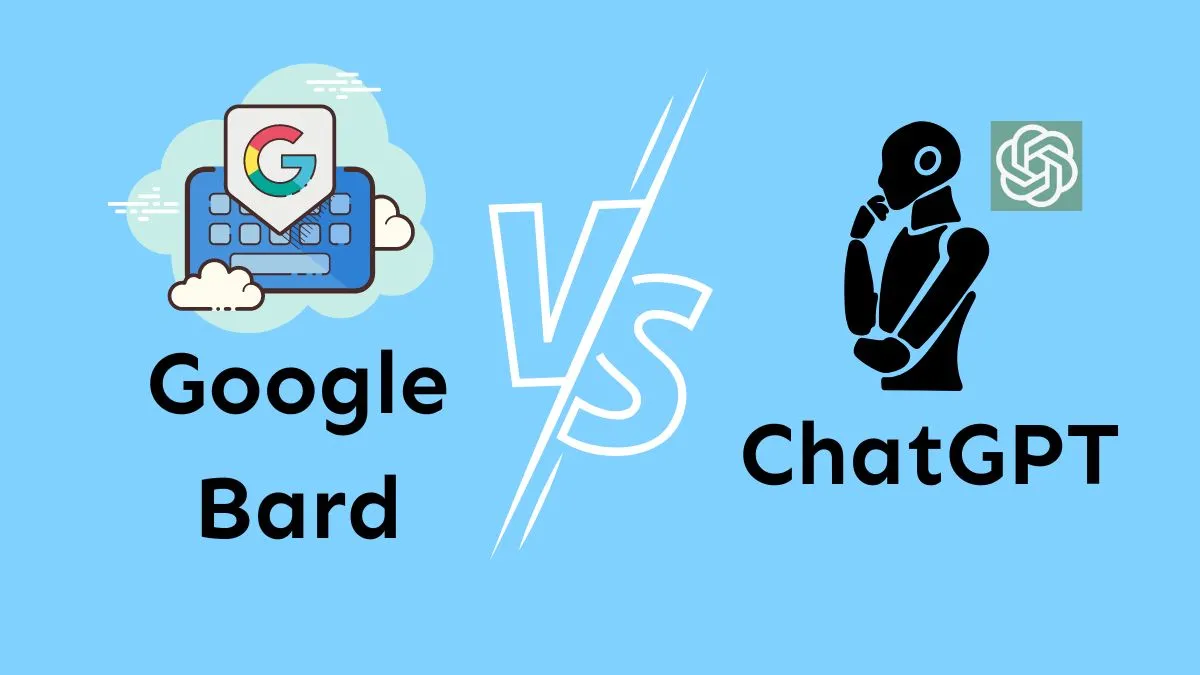
What is Google Bard?
Google Bard is an AI-powered search engine project created by Alphabet Inc. (Google's parent company). It was announced in October 2020 and is intended to provide a more personalized and contextual search experience for users. It is currently in the early stages of development and is expected to be fully deployed as part of Google Search later this year.
For now, it's being tested thoroughly with a group of "trusted testers" to prove its worth. That's after a major snafu in which it incorrectly identified the telescope that first took a photo of an exoplanet - a planet outside of our own solar system. Embarrassing? Not really, because Alphabet executives used it to make a very important point: you can't completely rely on AI in its current form.
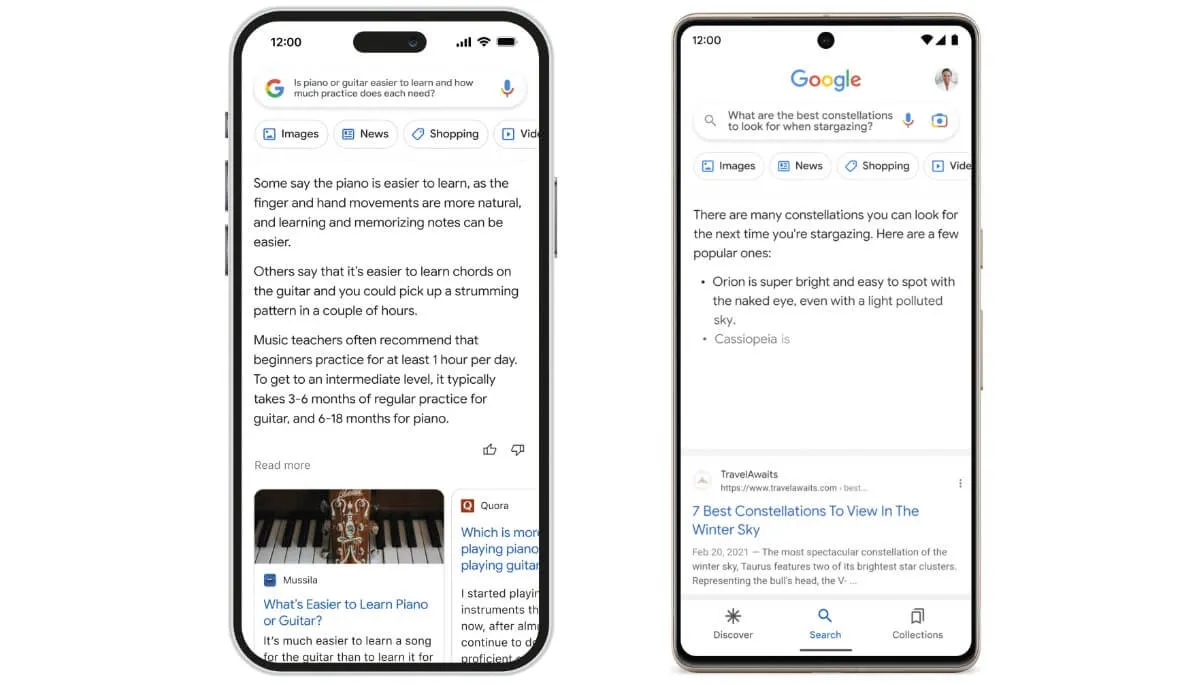
What is ChatGPT?
The AI-based tool that started the revolution is officially called "chat-oriented generative pre-trained transformer", or ChatGPT for short. It is an open-source, language-agnostic, technology for natural-language understanding and natural-language generation. It is an extension of the popular GPT-3 AI model, using the same deep-learning technology, but tailored to natural-language understanding tasks like conversation and dialogue.
ChatGPT was an instant hit as soon as it was released for public testing. The developers saw a flood of users attempt to sign in and use the chatbot, and they were soon overwhelmed by the sheer amount of interest that their tool generated around the globe. According to reports, ChatGPT had 100 million monthly active users in January 2023, just two months after its launch, prompting Google to quickly demo its own Google Bard, which, as we saw, had an epic fail in its first public demo.
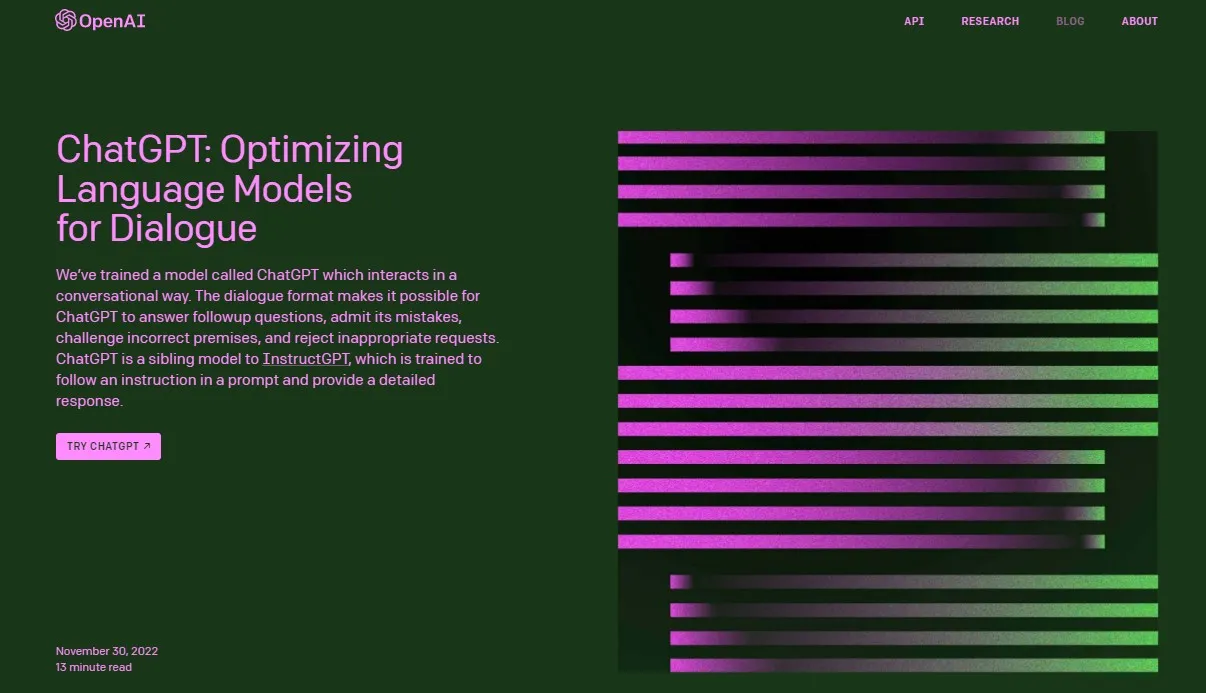
So, does that mean ChatGPT is a clear winner? By no means! Let's explore some of their key differences.
ChatGPT vs. Google Bard - Important Differences
ChatGPT and Google Bard are two of the most prominent artificial intelligence chatbots available in 2023. ChatGPT is available for free, while Google Bard is currently only available to limited beta testers and is not available to the wider public. ChatGPT is similar to Google Bard in that it uses natural language AI to respond to questions, but has some differences, and is designed to be used in slightly different ways.
Here are three key differences between ChatGPT and Google Bard:
- ChatGPT contains a built-in plagiarism checker (AI Text Classifier), while Google Bard does not.
- ChatGPT is more focused on providing answers to conversational queries, while Google Bard is designed to help with sentiment analysis and question answering.
- Google Bard is designed to augment Google's own search tool, while ChatGPT is destined to become an automated support tool for businesses without the funds to pay for human support teams.
Who Will Win the 'Intelligent Search Engine' Race? Bing ChatGPT or Google Bard?
The answer to this question depends on many factors. It is impossible to predict the winner of the AI race between ChatGPT and Google Bard right now, as both machines have their strengths and weaknesses. While ChatGPT is free and can provide accurate answers quickly, Google Bard has access to the powerful resources of its parent company, Alphabet, and is designed to augment their search tool. Ultimately, only time will tell which AI triumphs in the race.
That being said, it's important to watch how these two develop into monetizable assets for their respective companies. ChatGPT is part of the Open AI project but it certainly wasn't free for Microsoft! However, it's not likely that the software giant will try to monetize the app directly as a pay-per-use utility. It is more likely that it will use ChatGPT to gain popularity for the second-placed Bing search engine, which has been languishing behind Google Search for years.
On Google's side, the company has already been late to the game on the cloud front. While most of its services were cloud-based when Microsoft was still hawking standalone Windows operating systems and an assortment of productivity software, Alphabet failed to become the leader in public cloud services. That accolade went to Amazon's AWS, which is still the global leader in public cloud infrastructure.
The winner in this AI race will be the one to garner the most market share. Google already has the biggest slice of the pie, so now it's down to the question of how much of that pie Bing can take, on the strength of ChatGPT. In a sense, Google has a lot more to lose because of its dominance. Can you imagine a world where Google Search is #2? Well, that is now a very real possibility!
Bonus Tip: The Best PDF Editor With ChatGPT
To improve the work efficiency of PDF users, UPDF has integrated ChatGPT into UPDF now and the AI name is UPDF AI. You can now chat in UPDF AI directly, ask or search for anything, summarize your long content, translate your files into any language, etc. And the good news is that you can use it for free with some limitations. Just download it to have a try.
Windows • macOS • iOS • Android 100% secure
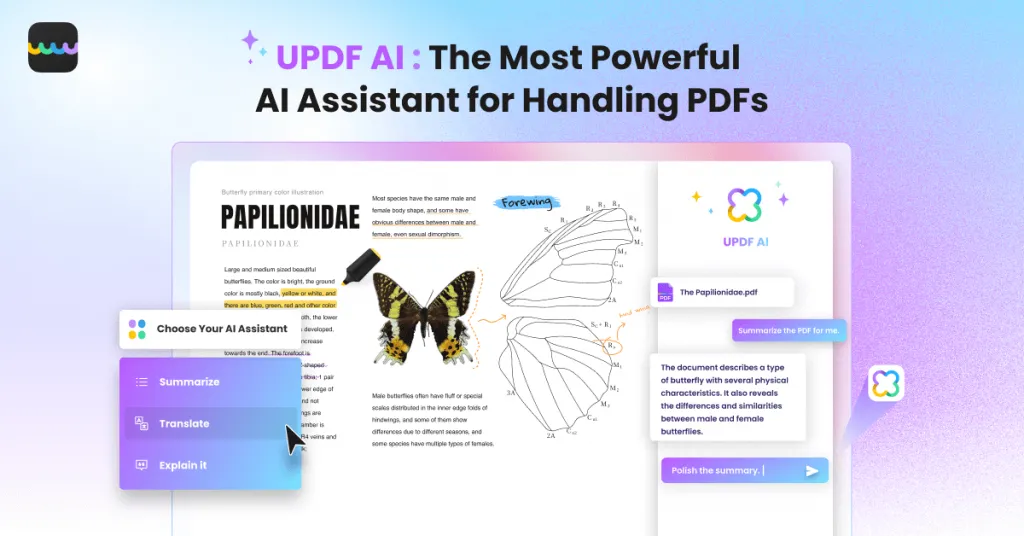
As an advanced PDF editor, you can also use UPDF to finish the following tasks:
- Read, create, edit, annotate, convert, protect, and share PDF files.
- OCR PDF to convert images or scanned PDF to editable PDF files.
- The batch process can help you convert, protect, combine, print, and insert PDF files at one time.
- PDF Cloud helps you access your PDF files on any device.
Conclusion
It's clear that there's no obvious winner at this time, but that could quickly change. Google Bard could one day surprise us with an accurate, relevant, and useful answer to all our questions. Is there any wonder, then, that this is a race to watch? The winner will, in essence, be creating a new search paradigm - one that doesn't just result in a bunch of links for you to do your own research but an actual 'research assistant' that can be relied on for being accurate, fast, and highly prized. How much would you be willing to pay for such an assistant?
As a bonus to this article, we introduced the best PDF editor with ChatGPT integrated for you. Try it now and you won't regret it.
Windows • macOS • iOS • Android 100% secure
 UPDF
UPDF
 UPDF for Windows
UPDF for Windows UPDF for Mac
UPDF for Mac UPDF for iPhone/iPad
UPDF for iPhone/iPad UPDF for Android
UPDF for Android UPDF AI Online
UPDF AI Online UPDF Sign
UPDF Sign Read PDF
Read PDF Annotate PDF
Annotate PDF Edit PDF
Edit PDF Convert PDF
Convert PDF Create PDF
Create PDF Compress PDF
Compress PDF Organize PDF
Organize PDF Merge PDF
Merge PDF Split PDF
Split PDF Crop PDF
Crop PDF Delete PDF pages
Delete PDF pages Rotate PDF
Rotate PDF Sign PDF
Sign PDF PDF Form
PDF Form Compare PDFs
Compare PDFs Protect PDF
Protect PDF Print PDF
Print PDF Batch Process
Batch Process OCR
OCR UPDF Cloud
UPDF Cloud About UPDF AI
About UPDF AI UPDF AI Solutions
UPDF AI Solutions FAQ about UPDF AI
FAQ about UPDF AI Summarize PDF
Summarize PDF Translate PDF
Translate PDF Explain PDF
Explain PDF Chat with PDF
Chat with PDF Chat with image
Chat with image PDF to Mind Map
PDF to Mind Map Chat with AI
Chat with AI User Guide
User Guide Tech Spec
Tech Spec Updates
Updates FAQs
FAQs UPDF Tricks
UPDF Tricks Blog
Blog Newsroom
Newsroom UPDF Reviews
UPDF Reviews Download Center
Download Center Contact Us
Contact Us



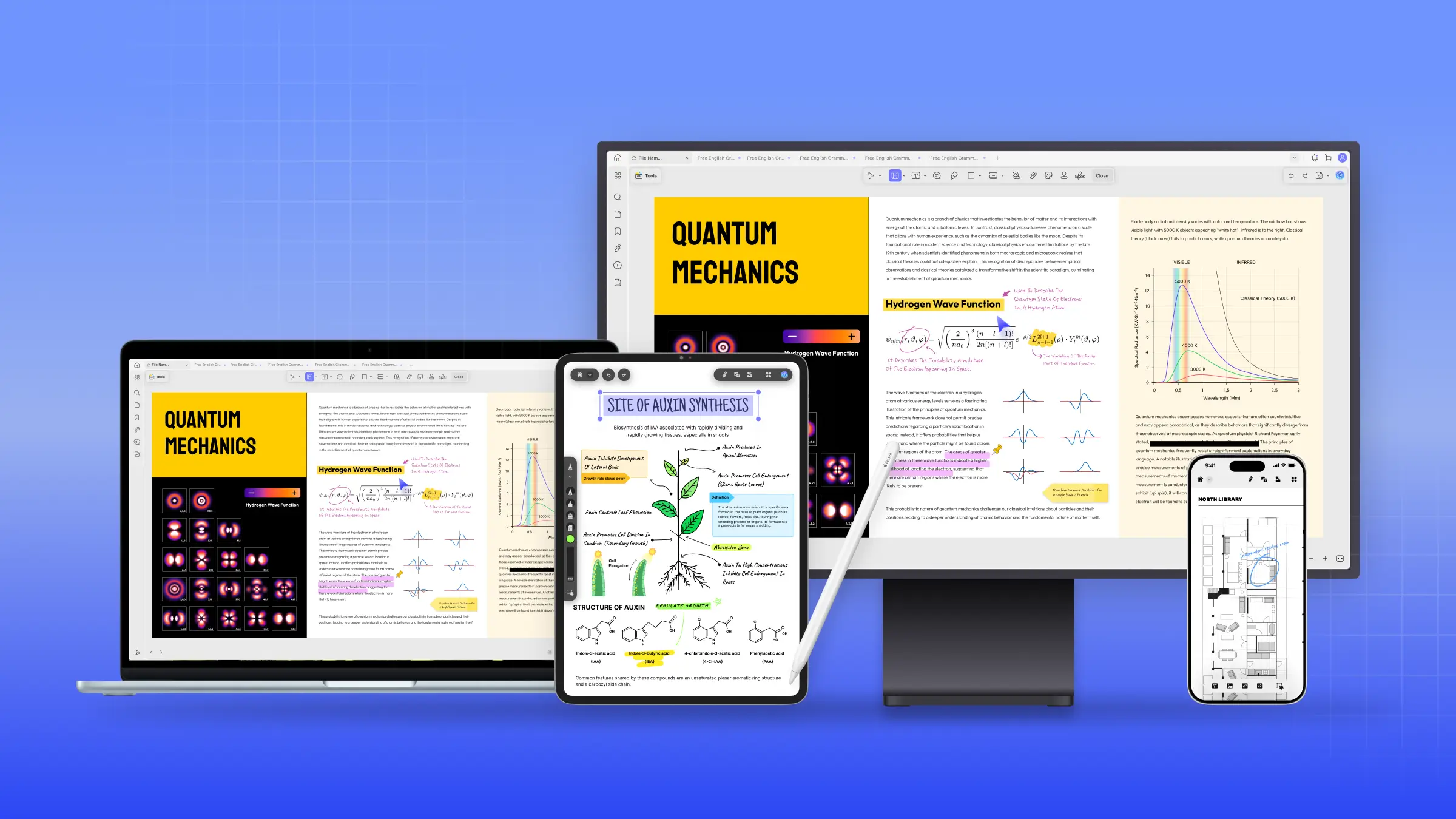

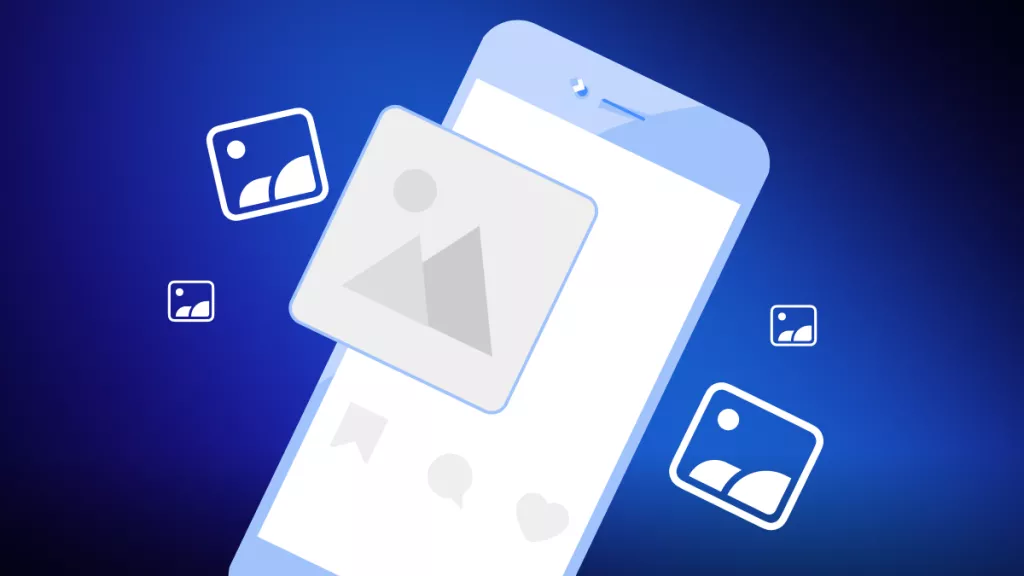
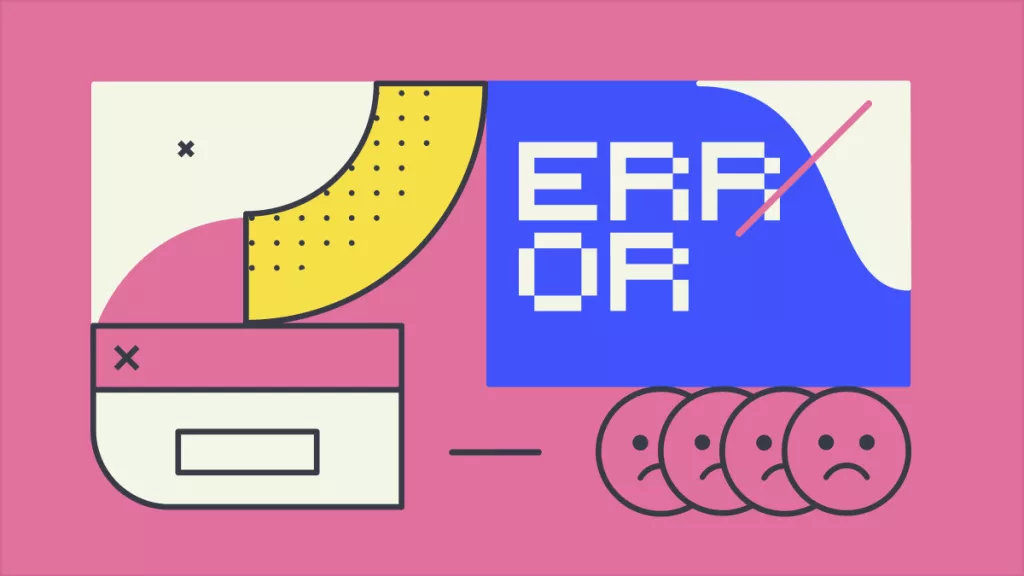
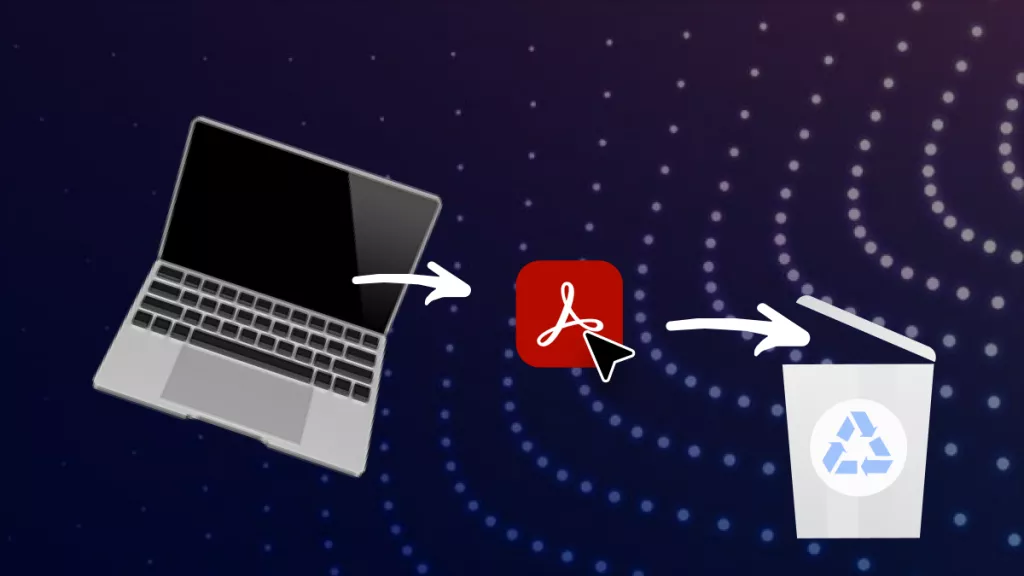

 Lizzy Lozano
Lizzy Lozano 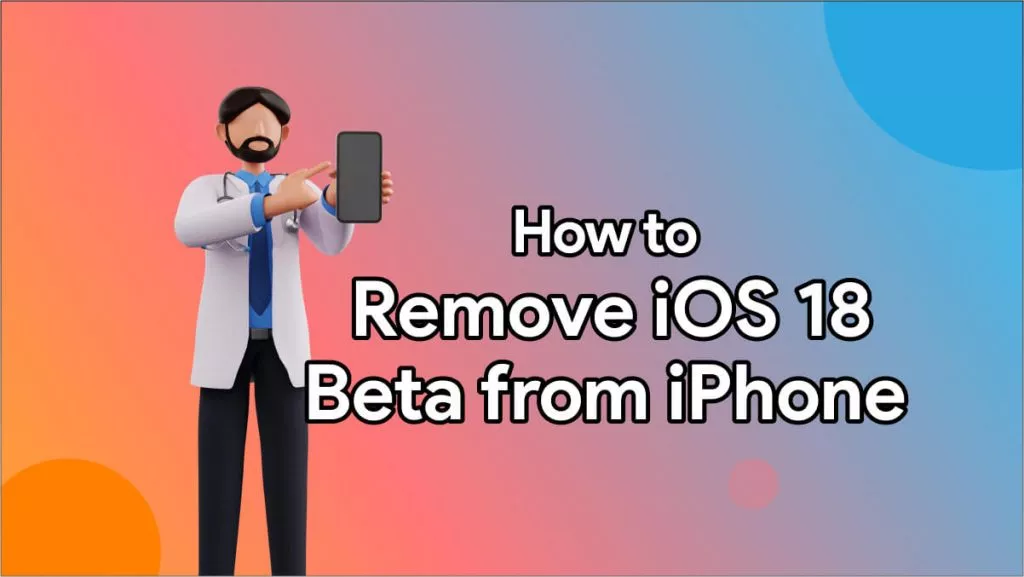
 Delia Meyer
Delia Meyer 
 Cathy Brown
Cathy Brown 
 Bertha Tate
Bertha Tate 